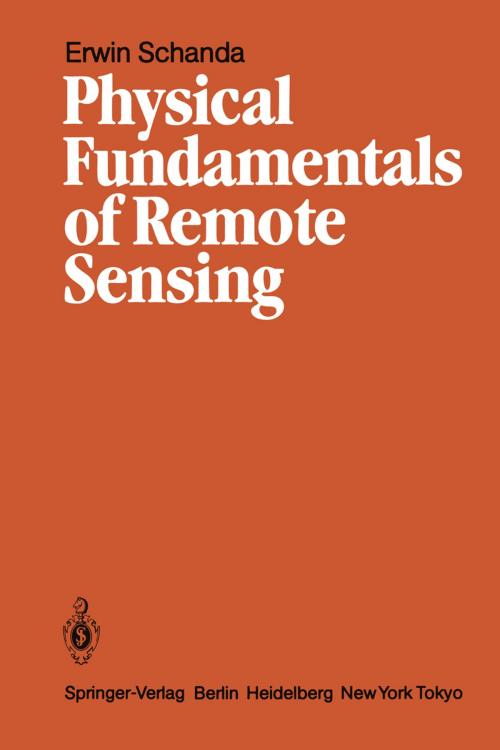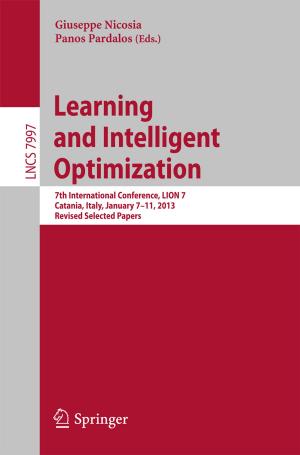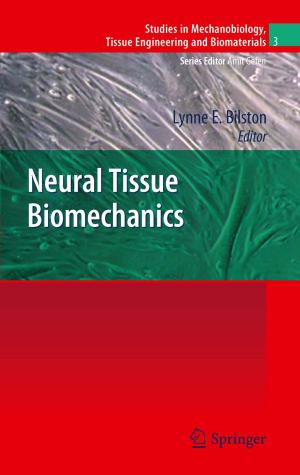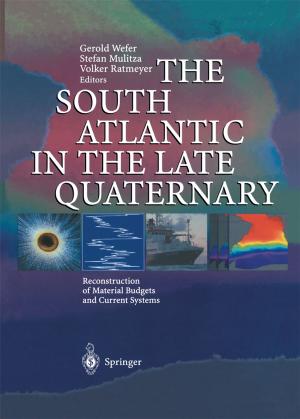Physical Fundamentals of Remote Sensing
Nonfiction, Science & Nature, Science, Earth Sciences, Geophysics, Biological Sciences, Environmental Science| Author: | Erwin Schanda | ISBN: | 9783642487330 |
| Publisher: | Springer Berlin Heidelberg | Publication: | December 6, 2012 |
| Imprint: | Springer | Language: | English |
| Author: | Erwin Schanda |
| ISBN: | 9783642487330 |
| Publisher: | Springer Berlin Heidelberg |
| Publication: | December 6, 2012 |
| Imprint: | Springer |
| Language: | English |
Ten years ago the author, together with eight co-authors, edited a textbook Remote Sensing for Environmental Sciences within the series on Ecological Studies of Springer-Verlag. At that time there were not yet many books available on remote sensing. The decade that has elapsed was marked by a spectacular development in this field. This development took place in many directions: by widening the areas of application, by improvements of the methods and the sensors, by the introduction of new versatile platforms, but also by deepening the knowledge of the theoretical foundations. This evolution improved the ability to explain the interaction between electromagnetic radia tion and natural objects, which, in its turn, allowed for better modelization and for the creation of refined mathematical tools in the processing of remotely sensed data and in the determination of the physical status of remote objects. The community of research workers engaged in development and use of remote sensing methods changed accordingly from a modest group of scientists in the early 1970's to a considerable branch of specialized and interdisciplinary activity. The training of students had to be adapted to cope with the increasing number of people entering this new field and with the increasing quality of the material to be presented.
Ten years ago the author, together with eight co-authors, edited a textbook Remote Sensing for Environmental Sciences within the series on Ecological Studies of Springer-Verlag. At that time there were not yet many books available on remote sensing. The decade that has elapsed was marked by a spectacular development in this field. This development took place in many directions: by widening the areas of application, by improvements of the methods and the sensors, by the introduction of new versatile platforms, but also by deepening the knowledge of the theoretical foundations. This evolution improved the ability to explain the interaction between electromagnetic radia tion and natural objects, which, in its turn, allowed for better modelization and for the creation of refined mathematical tools in the processing of remotely sensed data and in the determination of the physical status of remote objects. The community of research workers engaged in development and use of remote sensing methods changed accordingly from a modest group of scientists in the early 1970's to a considerable branch of specialized and interdisciplinary activity. The training of students had to be adapted to cope with the increasing number of people entering this new field and with the increasing quality of the material to be presented.















